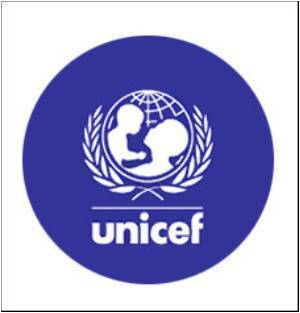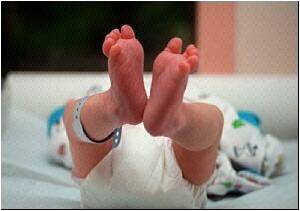This year, UNICEF launched an appeal for $1.28 billion (947 million euros) with a third of cash needed to feed children in the drought-stricken area of Africa, says agency.

The East Africa and Southern Africa regions show the largest increase in funding needs, mainly due to the humanitarian crisis in the Horn of Africa.
In 2012 UNICEF expects to help about 97 million people in 25 countries and territories, it said.
"The list of countries includes many long standing or so-called 'silent' emergencies, but the crisis in Somalia and in other countries in the Horn of Africa accounts for nearly one-third of the total amount," a UNICEF report said.
The Horn of Africa countries are Djibouti, Ethiopia, Kenya and Somalia.
The second highest funding priority is the Democratic Republic of Congo, representing 11 percent of the total, while the amount sought for Sudan makes up eight percent, with Pakistan at seven percent.
Advertisement
UNICEF spokesman Patrick McCormick attributed the increase to "the situation in Somalia and the Sahel," a zone that stretches across Africa with the Sahara Desert to its north.
Advertisement
The organisation said that in countries such as Chad, Niger and Mauritania, more than one million children were at risk of severe malnutrition, far from the public eye.
"While much of the world's attention focuses on the humanitarian needs in the Horn of Africa, we must not forget those in the many long-standing emergencies around the globe, the silent emergencies," said Rima Salah, UNICEF deputy executive director, at a press briefing.
The agency highlighted the need for assistance in newly-created South Sudan where up to 80 percent of the population lives on under two dollars a day.
"South Sudan is a country with one of the lowest levels of human development indicators," said UNICEF director of South Sudan Yasmin Ali Haque.
"It has 12 trained midwives for 400,000 births that take place every year."
Women and children there are impacted by early marriage, abductions and the consequences of violence, where communities have limited access to water, Haque said.
"In 2011, we had 347,000 people who had been displaced due to one form of crisis or another."
Source-AFP









